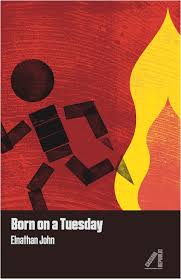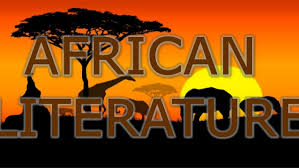‘It is starting like this’… And that is how we get drawn or drafted into the wonderful story of Agu, a school boy who got torn away from his regular life of family, school and church and grew rapidly loosing his innocence and childhood to war.
For me the strong points of this novel are in its imagery use, story telling and the language use.
Uzodinma’s power of description is spelndid, and very graphic, and asides from the fact that it makes the story come alive, it also lays emphasis on the memory of Agu. It is said that children never forgets and Uzodinma put this into Agu’s story. It us a perfect recollection, wonderfuk use of memory. And it authenticates the story.
The story is told by Agu, the protagonist of the novel, and apart from the fact that he was telling of things that had happen, he talks in present continuous tenses. I think the writer is trying to tell us that in as much as this is Agu’s story it is still happening. More so, I think in Agu’s mind, nothing is over.
Photo Credit – @zaynabtyty
The broken English in which the author wrote is kind of strange for a modern reader, and people including myself have complained about struggling with it. Also, I think it is very contextual and a strategy. One, to reveal the locale of the story, and two to add a bit of humour to the horrendous story that Agu has to tell.
The fact that this war happened in an unknown African nation points to the fact that war is not a citizen of any country, also this has happened in some part of Africa which the author didn’t want to mention.
The debut is a good one. The author did a nice work on it, it came out fine. I will give this book a 6 on a scale of 10.
It is an African story, that will literarily have you at the edge of your seat, and dig a lot of pity and sympathy out of you for children whose childhood were eaten up by war, and their tales of survival, which poke the question of how hard is it to talk about war, especially when children become victims.













